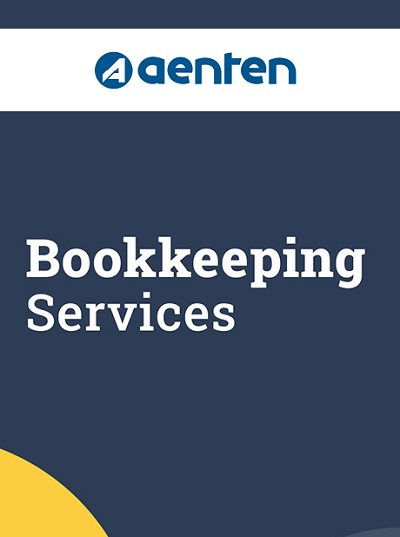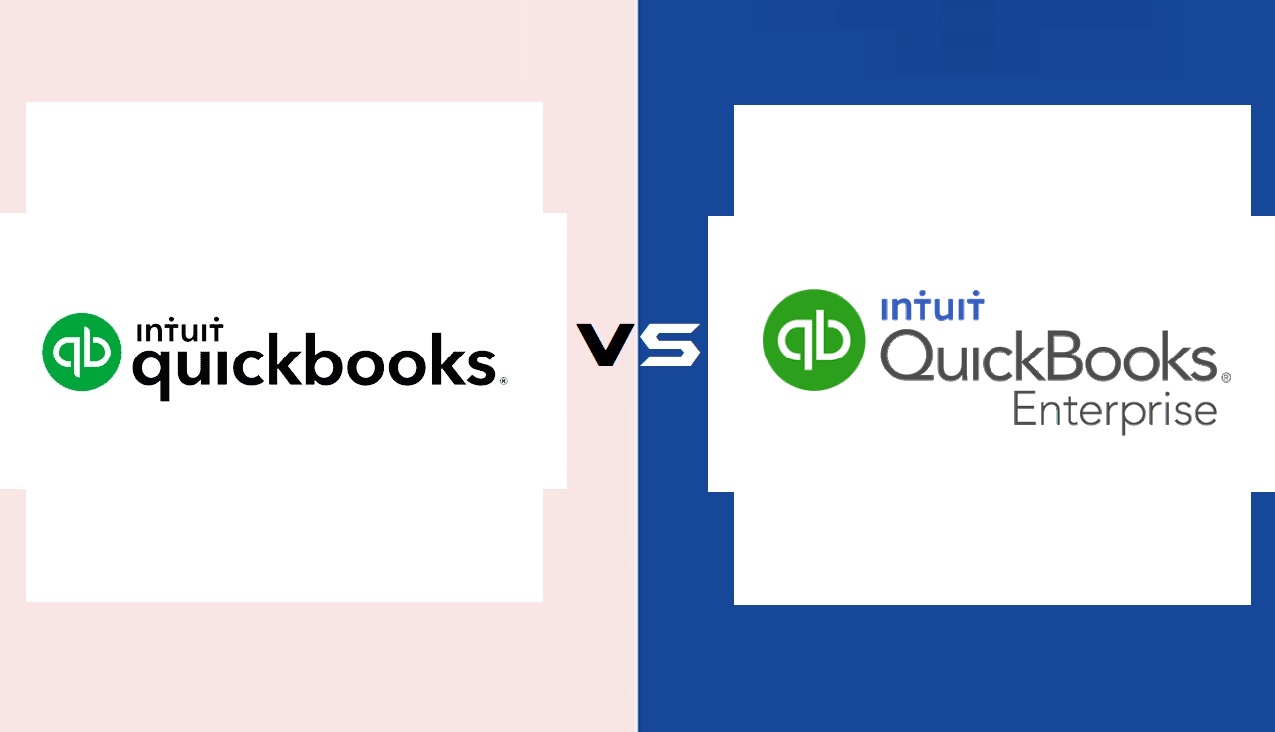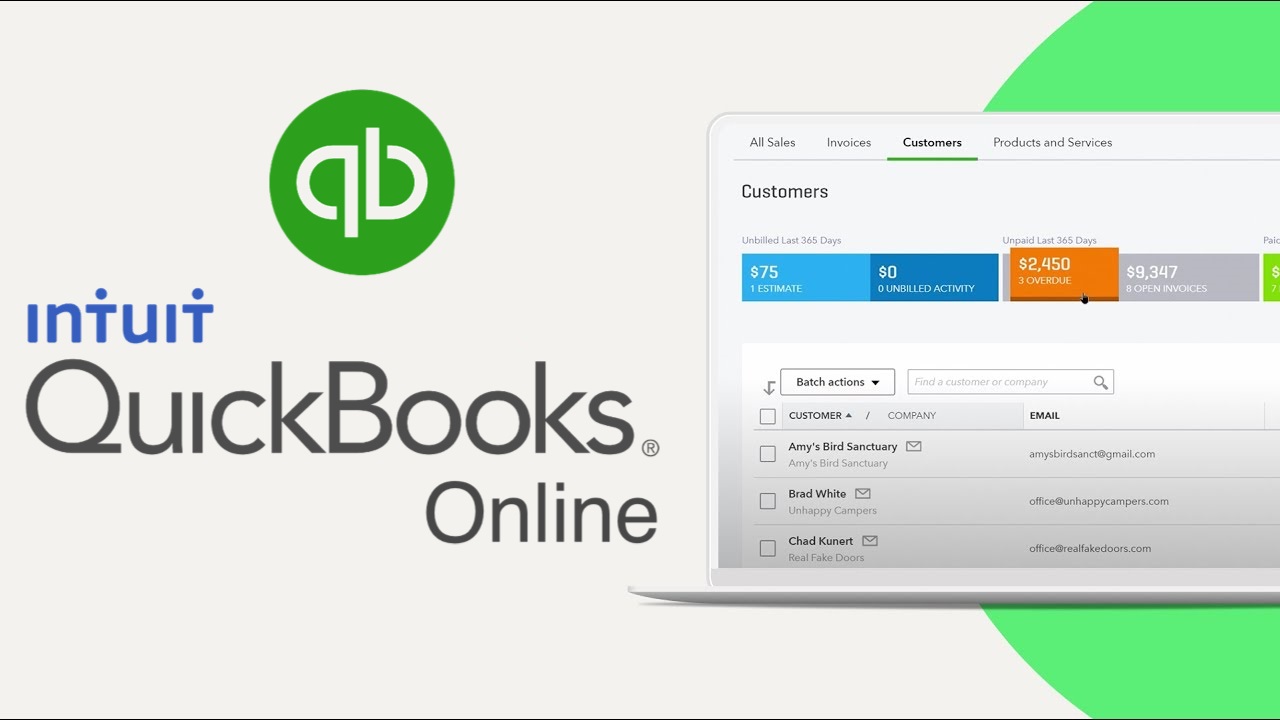Bookkeeping is an essential part of any business, big or small. It involves keeping track of all financial transactions, including income, expenses, and taxes. However, bookkeeping can be time-consuming and challenging, especially for small business owners who have limited resources. To help you streamline your bookkeeping process and save time and money, we’ve compiled a list of the top 10 bookkeeping hacks from the pros.

01. Keep personal and business finances separate:
One of the biggest mistakes that small business owners make is mixing their personal and business finances. This can lead to confusion, errors, and tax problems. To avoid these issues, it’s essential to keep your personal and business finances separate. Open a separate bank account and credit card for your business and use them exclusively for business transactions.
02. Automate your bookkeeping:
Manual bookkeeping can be time-consuming and error-prone. To save time and reduce errors, consider automating your bookkeeping process. Use accounting software such as QuickBooks, Xero, or FreshBooks to automate tasks such as invoicing, expense tracking, and financial reporting. This will save you time and allow you to focus on other important aspects of your business.
03. Use cloud-based software:
Cloud-based accounting software allows you to access your financial data from anywhere, at any time. This is especially useful if you have multiple locations, employees, or remote workers. Cloud-based software also provides automatic updates, backups, and security features that can help protect your data from loss or theft.
04. Track your expenses:
Tracking your expenses is essential for managing your cash flow and reducing your tax liability. Keep all your receipts and invoices organized and record your expenses regularly. Use an app such as Expensify or Shoeboxed to scan and store your receipts digitally. This will save you time and reduce errors when it comes time to file your taxes.
05. Reconcile your accounts regularly:
Reconciling your accounts is the process of comparing your financial records to your bank and credit card statements to ensure that everything matches. This is an important step in bookkeeping because it helps to identify any errors or fraudulent transactions. Reconciling your accounts regularly will help you to maintain accurate financial records and avoid any surprises when it comes time to file your taxes.
06. Set up automatic bank feeds:
Many accounting software programs offer automatic bank feeds that connect directly to your bank account and import your transactions automatically. This saves you time and reduces errors by eliminating the need to manually enter your transactions. Automatic bank feeds also provide real-time visibility into your cash flow, making it easier to manage your finances.
07. Use online payment systems:
Online payment systems such as PayPal, Stripe, and Square can help you to streamline your invoicing and payment process. These systems allow you to send invoices electronically and accept payments online, reducing the need for paper invoices and checks. Online payment systems also provide automatic tracking and reporting, making it easier to manage your cash flow.
08. Hire a bookkeeper:
If you don’t have the time or expertise to manage your bookkeeping, consider hiring a bookkeeper. A bookkeeper can help you to set up your accounting system, manage your transactions, and prepare your financial statements. Hiring a bookkeeper can save you time and reduce errors, allowing you to focus on growing your business.
09. Use apps and tools:
There are many apps and tools available that can help you to streamline your bookkeeping process. For example, apps such as TSheets and TimeCamp can help you to track your time and billable hours, while tools such as Hootsuite and Buffer can help you to manage your social media accounts and marketing campaigns. By using apps and tools, you can save time and improve your productivity.
10. Stay organized:
Staying organized is key to effective bookkeeping. Make sure that all your financial documents, such as invoices, receipts, and bank statements, are organized and easily accessible. Create a filing system that works for you and make sure that you label and date all your documents. This will make it easier to find the information you need and reduce the risk of errors or missing data.
Also Read : Tips : How To Keep Good Financial Records ?
Conclusion:
In conclusion, bookkeeping is an essential part of running a successful business. By implementing these top 10 bookkeeping hacks from the pros, you can streamline your bookkeeping process, save time and money, and reduce errors and risks. Remember to keep your personal and business finances separate, automate your bookkeeping, use cloud-based software, track your expenses, reconcile your accounts regularly, set up automatic bank feeds, use online payment systems, hire a bookkeeper if necessary, use apps and tools, and stay organized. By following these tips, you can maintain accurate financial records and achieve financial success in your business.




